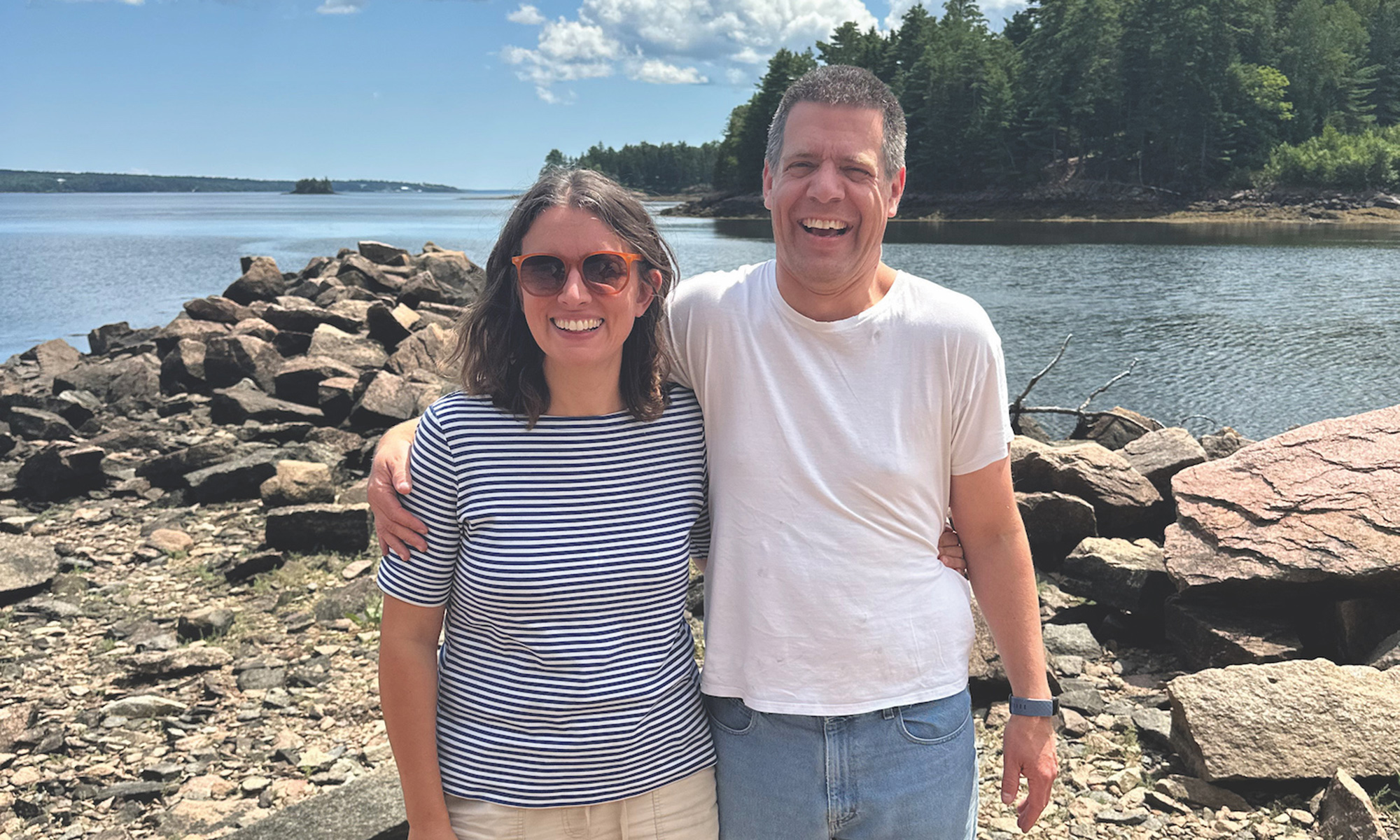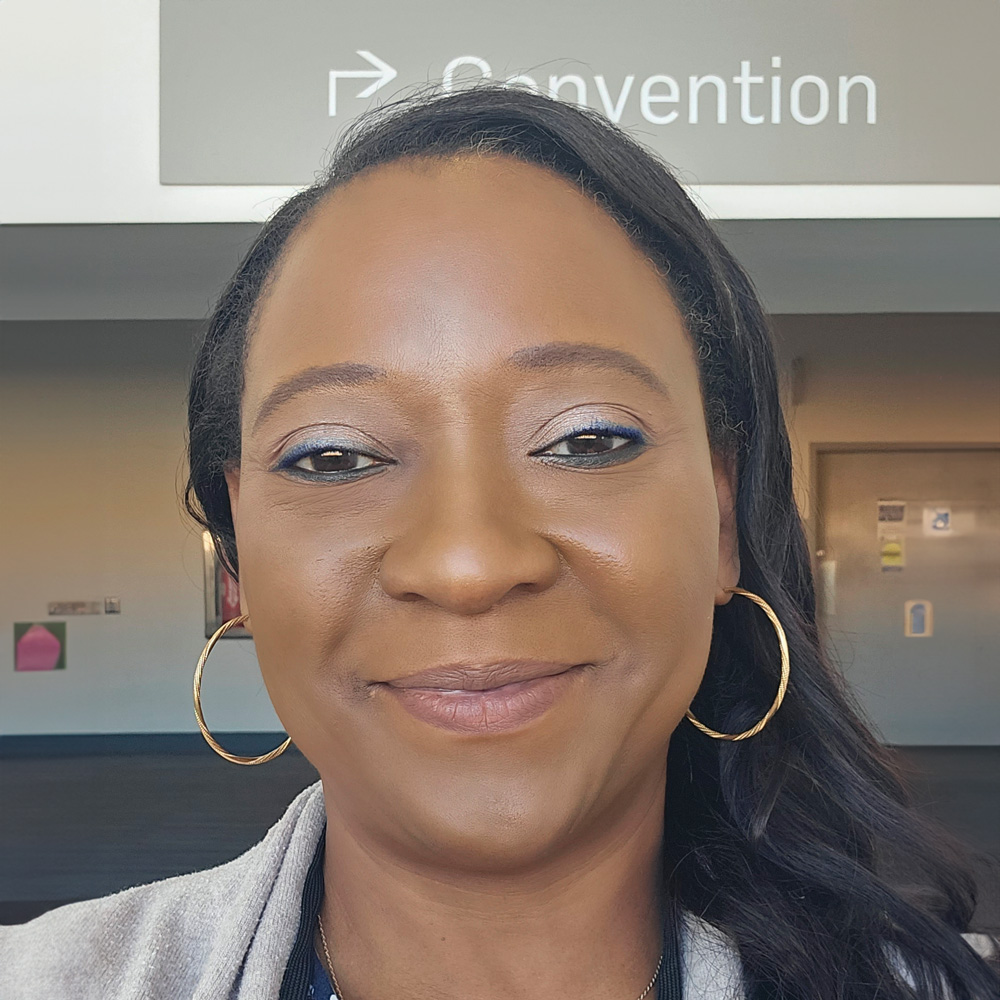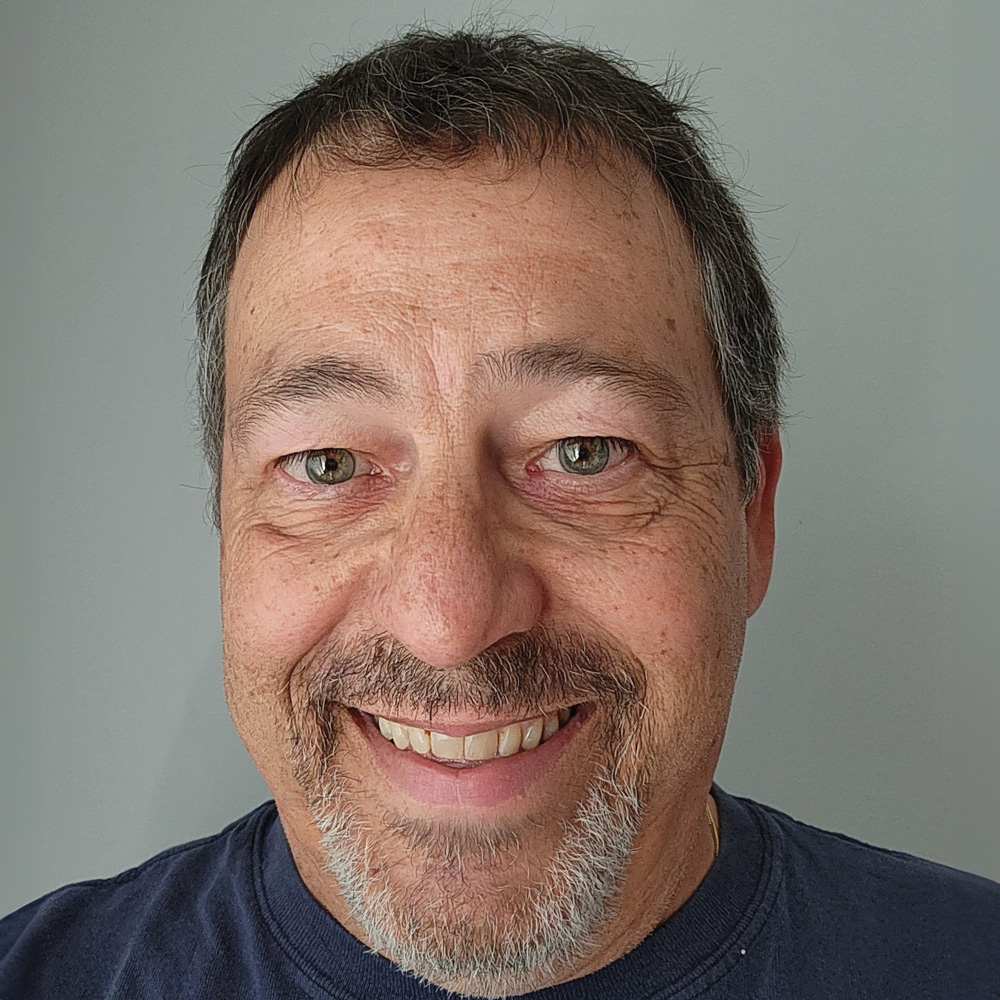Fresh out of Denison, Emma Draves ’01 made a move that felt almost mandatory, given her course of study.
“I went to New York first, because that’s what dancers are supposed to do, right?” she said. But a dancer’s life is about movement, not staying in one place.
Since graduating from Denison with dual degrees in dance and anthropology/sociology, Draves has become versed in dance forms from contemporary to ballet to Bharatanatyam. Her choreography has been presented in Chicago, New York, Scotland, and Canada. Her research interests have included Indian dance in the diaspora and dance in rural communities. She’s curated dance festivals and for the past 12 years taught dance at Columbia College Chicago, a private art school in downtown Chicago.
Her anthropology/sociology degree came partly at the urging of her parents, who worried that focusing solely on dance might limit her career opportunities.
“The liberal arts approach at Denison allowed me to have options,” Draves said. “It wasn’t one bubble here, and one silo there.”
The humanity of the second major suited her, and it dovetailed perfectly with the performing arts. She studied dance forms from around the world, and she was tapped to help reshape her program’s curriculum through more nuanced attention to equity, diversity, and inclusion.
She’s found teaching at Columbia deeply rewarding.
“I have a real love for it,” she said. “I need to know that what I’m doing has a greater impact. I feel that through teaching.
“There are art kids here, theater kids, dancers,” she said. “They’re following these interconnected pathways. You get to see how they burst into new ideas and activities, and you see them at the end of the semester, standing full on their feet, what they turn into. That’s really lovely.”
Mark Daniel Ward ’99 recalls how his Denison mathematics professor, Don Bonar, could be found working in his Olin Science Hall office on Saturday mornings. Students were welcomed to pop in for weekend chats with the beloved professor, who died in 2023.
Ward, a professor of statistics at Purdue University and the executive director of the school’s innovative Data Mine program, has kept Bonar’s relentless academic spirit alive. On weekdays, he usually arrives at his office by 4:30 a.m.
The data-driven dynamo oversees 1,700 students, works with more than 80 corporate partners and, by the way, has seven children with his wife and college sweetheart, Laura Eilar Ward ’99.
“When I was at Denison, the faculty made sure everything was student-centered,” Ward said. “For Laura and me, that was the hallmark of Denison. It was all about the students and making sure they had a high-quality experience. We’ve tried to bring that small college feel to a larger learning environment at Purdue.”
The Data Mine, founded in 2018, is open to students of all disciplines and majors. It’s a pioneering living-learning community for students, faculty, researchers, and corporate partners alike.
“It’s meant to be the university’s ‘data science for all’ initiative,” said Ward, whose program has a 23-member staff. “Students from any background can come and work on data projects, research projects. They can learn how data science is used and practiced.”
Ward is sending so many quality data analysts into the world it’s encroaching on his love of baseball. He had to remain neutral for the 2023 American League Championship series between the Texas Rangers and Houston Astros. (The Rangers prevailed on the way to their first World Series title.)
“We had former students working for both teams,” Ward said. “Companies everywhere are eager to hire problem solvers who know how to use data science.”
The rapport that Kay Fields-Battle ’95 has with her students was on full display as she chatted with a handful of after-school stragglers gathering for their club in the library.
Fields-Battle is the assistant principal at Centennial High School in Columbus, and the kids were clearly comfortable with her. Interspersed in the banter was a message Fields-Battle works to communicate to all Centennial students: I see you, and I believe in you.
“I help them try to accomplish whatever their plan might be,” she said. That goes for all her students.
“I’m very honest with the kids all the time,” she said. “You have to be upfront in order for a young person to make a good choice.”
When Fields-Battle sees a certain kind of Centennial student, a self-starter who thrives both in and out of the classroom — a student who harbors great potential — she has been known to introduce them to Denison.
Jay Jackson ’25 was one such student. Sara Abou Rashed ’21, a Denison President’s Medalist and poet, was another. Grace Davenport ’28 is the latest.
“Denison to me is for students who want to raise their voice, who want to grow their voice, who want to be active in their community,” Fields-Battle said.
Psychology professor Harry David Smith ’87 has been teaching at Northwestern University for more than two decades.
Among his “most engaged students” are those who don’t have access to college campuses and learn from behind prison walls. For the past five years, Smith has taught in the Northwestern Prison Education Program, which aims to provide a liberal arts education for those incarcerated in Illinois. It’s the only U.S. bachelor’s degree-granting program for incarcerated students offered by a top-10 university.
Smith has taught at Stateville Correctional Center, a maximum-security prison near Joliet, Illinois. In 2023, he also worked inside Logan Correctional Center, a women’s prison in Lincoln, Illinois.
“Here’s a group of people who want to better themselves through education,” Smith said. “In many ways, it’s the ultimate ideal of higher education to get these people to think beyond the prison walls and to learn the freedom that can exist through intellectual growth.”
Smith has taught students formerly on death row — Illinois abolished the death penalty in 2011 — who are serving life sentences. With no chance for parole, they’re still eager to learn, Smith finds.
In the spring of 2023, he made a once-a-week, three-hour drive to teach statistics to students in the women’s prison. Smith also taught virtual classes twice a week.
“For me personally, it’s been a transformative experience,” Smith said. “These are human beings, and they deserve our respect.”
Kristina K. Bethea Odejimi ’06 came to Denison by way of her Virginia boarding school, where an administrator and Denison alum urged her to consider a college she’d never heard of in Granville, Ohio.
She threw herself into life on The Hill. She played basketball, worked as an RA and tour guide, joined the Black Student Union and Alpha Kappa Alpha Sorority, Inc., and delved into student affairs.
“When I think back to my time at Denison, there are these joyful moments I had with key people,” she said. “I was very involved and made really close connections.”
As her college career progressed, she realized she wanted to encourage that involvement in other students. She set her sights on higher education, particularly student affairs.
“I thought, ‘How can I serve, and be that for others?’” she said.
In June 2023, Odejimi joined Emory University in Atlanta as dean of students and associate vice president for belonging, engagement, and community. University leaders described her as a tremendous asset in student affairs.
“Kristina has dedicated her career to championing student growth and development,” Emory Provost Ravi V. Bellamkonda said in announcing her hiring. “She believes that belonging, well-being, and purpose can empower students to make a difference in their communities and serve humanity — and that aligns with our mission.”
Before joining Emory, Odejimi worked as dean of students at Bowdoin College. Before that, she served as dean of students at her secondary school alma mater, St. Margaret’s School, and held positions at the University of Virginia and the University of Arkansas.
She earned her doctorate of education in leadership at Virginia Commonwealth University, and her master’s in student affairs practice in higher education at the University of Virginia. At Denison, she majored in sociology/anthropology and Black studies.
In her new role at Emory, she works on multiple fronts to improve the student experience, remove barriers to their success, and assist students in their search “for their people and their place.”
“Their voices should be front and center in all our conversations,” she said.







